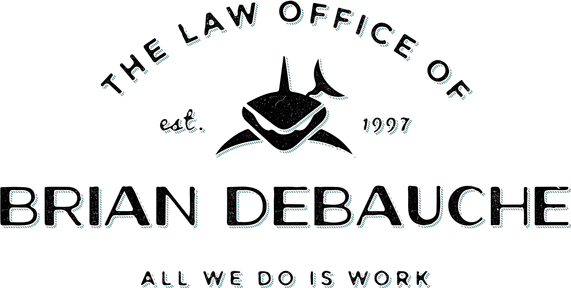Colorado private firearms transfers, C.R.S. 18-12-112
In Colorado, truly private firearms transfers between private parties must be processed by a third party licensed as a federal firearms license holder (FFL), and subject to a background check on the person acquiring the firearm.
Colorado requires private gun sellers who are not federally licensed dealers to initiate a background check when transferring a firearm. There are a number of exceptions however, including for close transfers to relatives. An unlicensed individual who seeks to transfer possession of a firearm to a prospective transferee must: 1) require that a background check is conducted on the prospective transferee by a licensed gun dealer; and 2) obtain approval of the transfer from the Colorado Bureau of Investigation (CBI) following the background check request. See, C.R.S. 24-33.5-424.
If the transferee is an entity (e.g. a business), then a background check must be conducted on each person who is authorized by the entity to possess a firearm.
When a licensed dealer obtains a background check on a prospective transferee, the dealer must record the transfer and retain the records in the same manner as when conducting a sale, rental or exchange at retail. The dealer must also provide the transferor and transferee with a copy of the results of the background check, including CBI’s approval or disapproval of the transfer.
A dealer may charge a fee of up to $10 for conducting a background check for an unlicensed seller.
A transferee cannot accept possession of the firearm from an unlicensed seller until CBI approves the transfer. The transfer must be completed within 30 days of that approval.
A transferee is prohibited from knowingly providing false information to a prospective transferor or to a licensed dealer for the purpose of acquiring a firearm.
These transfer provisions do not apply, among other exceptions, to:
Transfer of an antique firearm, 18 USC 921(a)(16);
A bona fide gift or loan between immediate family members. This is limited to spouses, parents, children, siblings, grandparents, grandchildren, nieces, nephews, first cousins, aunts, and uncles.
A transfer that occurs by operation of law or because of the death of a person for whom the prospective transferor is an executor or administrator of an estate or a trustee of a trust created in a will;
A transfer that is temporary and occurs while in the home of the unlicensed transferee if:
The unlicensed transferee is not prohibited from possessing firearms; and
The unlicensed transferee reasonably believes that possession of the firearm is necessary to prevent imminent death or serious bodily injury to the unlicensed transferee;
A temporary transfer of possession without power of ownership or a title to ownership, which takes place:
At a shooting range located in or on premises owned by a duly incorporated organization organized for conservation purposes or to foster proficiency in firearms;
At a target firearm shooting competition under the auspices of, or approved by, a state agency or a nonprofit organization; or
While hunting, fishing, target shooting, or trapping if:
i. Legal in all places where the unlicensed transferee possesses the firearm; and
ii. The unlicensed transferee holds any license or permit that is required for such activity;
A transfer of a firearm that is made to facilitate the repair or maintenance of the firearm, except that all parties who possess the firearm as part of such transaction must be able to legally possess a firearm;
Any temporary transfer that occurs while in the continuous presence of the owner of the firearm;
A temporary transfer for not more than 72 hours. A person who makes such a temporary transfer may be jointly and severally liable for damages proximately caused by the transferee’s subsequent unlawful use of the firearm; or
A member of the armed services who will be deployed outside of the U.S. in the next 30 days, to any immediate family member just like number (2) above.
When a person violates the above transfer requirements, the violation is punishable as a Class 1 misdemeanor and the person must be prohibited from possessing a firearm for two years, beginning on the date of his or her conviction. The ban on possession is then reported both state and nationally.
The question becomes, what about interstate transfers between family members, under (2) or (9) above?
The ATF prohibits transfers of firearms without the intermediate step of FFL transfer, unless two exceptions apply:
1. Under a lawful bequest or intestate grant to a beneficiary from an estate. If your relative dies and you inherit in a will, or by intestate laws when there is no will, the transfer can be interstate without an FFL license holder.
2. The family member can "loan or rent" a firearm to a Colorado resident without an FFL transfer. If the temporary use of the firearm is for sporting purposes, the transfer appears to be excepted from the FFL transfer requirement.
Note, these exceptions are not limited to family members and are instead open to any person. See, 27 CFR 478.30.
